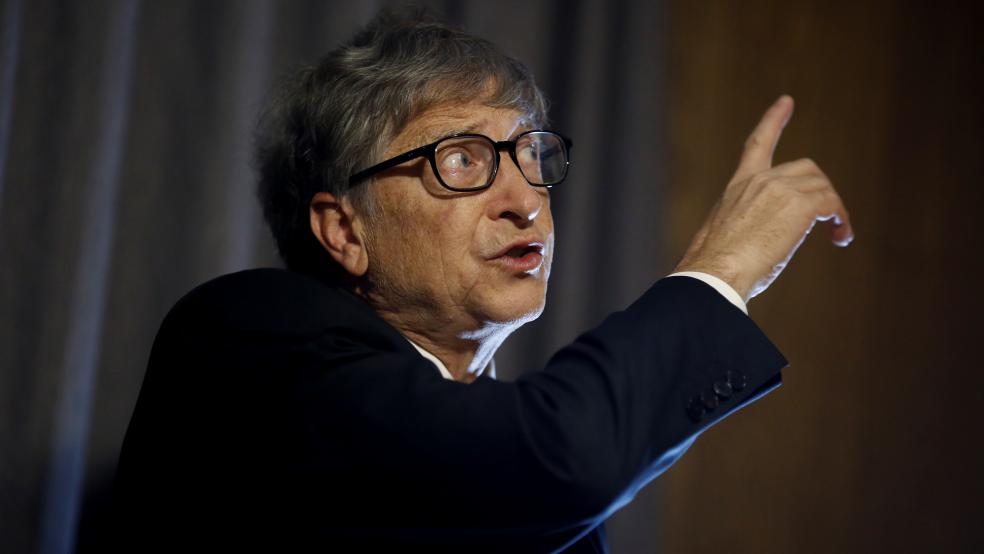Microsoft co-founder Bill Gates, the second richest person in the world, says people like him should be paying higher taxes.
In a year-end blog post, Gates applauds the ongoing debate over America’s tax system, calling it one of the most important happening in our country right now. “It isn’t always popular to stand up for higher taxes, so it’s great that many Americans are having this conversation,” he writes.
Gates says that he’s “been pushing for a fairer tax system for years.” He notes that there’s a persistent imbalance between the government’s spending and its revenue collection: “the U.S. government simply does not bring in enough money to meet its obligations. This isn’t a value judgment; it’s just a fact. The government collects about 20 percent of GDP in taxes while spending about 24 percent. And the cost of commitments is going up.”
To address that gap, Gates calls for raising the capital-gains tax “probably to the same level as taxes on labor,” saying he sees no reason to “favor wealth over work the way we do today.” He also supports raising the estate tax; eliminating the cap on income subject to Medicare taxes; closing the carried-interest loophole that benefits investment-fund managers; and instituting a form of wealth tax that would apply to fortunes held for extended periods, which he suggests might be 10 years or more. He adds that state and local taxes also need to be reformed to make them fairer.
Gates also addresses some common arguments made in response to calls for higher taxes, including the suggestion that he should voluntarily pay more instead of calling for systemic changes and the criticism that higher tax rates would hurt growth and innovation:
“When I say the government needs to raise more money, some people ask why Melinda and I don’t voluntarily pay more in taxes than the law requires. The answer is that simply leaving it up to people to give more than the government asks for is not a scalable solution. People pay taxes as an obligation of law and citizenship, not out of charity. Additional voluntary giving will never raise enough money for everything the government needs to do. If Melinda and I signed over our foundation’s entire endowment to the state of California, it wouldn’t be enough to fund their public schools for even one year. A vibrant economic system depends on setting expectations for who pays how much. …
“Americans in the top 1 percent can afford to pay a lot more before they stop going to work or creating jobs. In the 1970s, when Paul Allen and I were starting Microsoft, marginal tax rates were almost twice the top rate today. It didn’t hurt our incentive to build a great company.”





